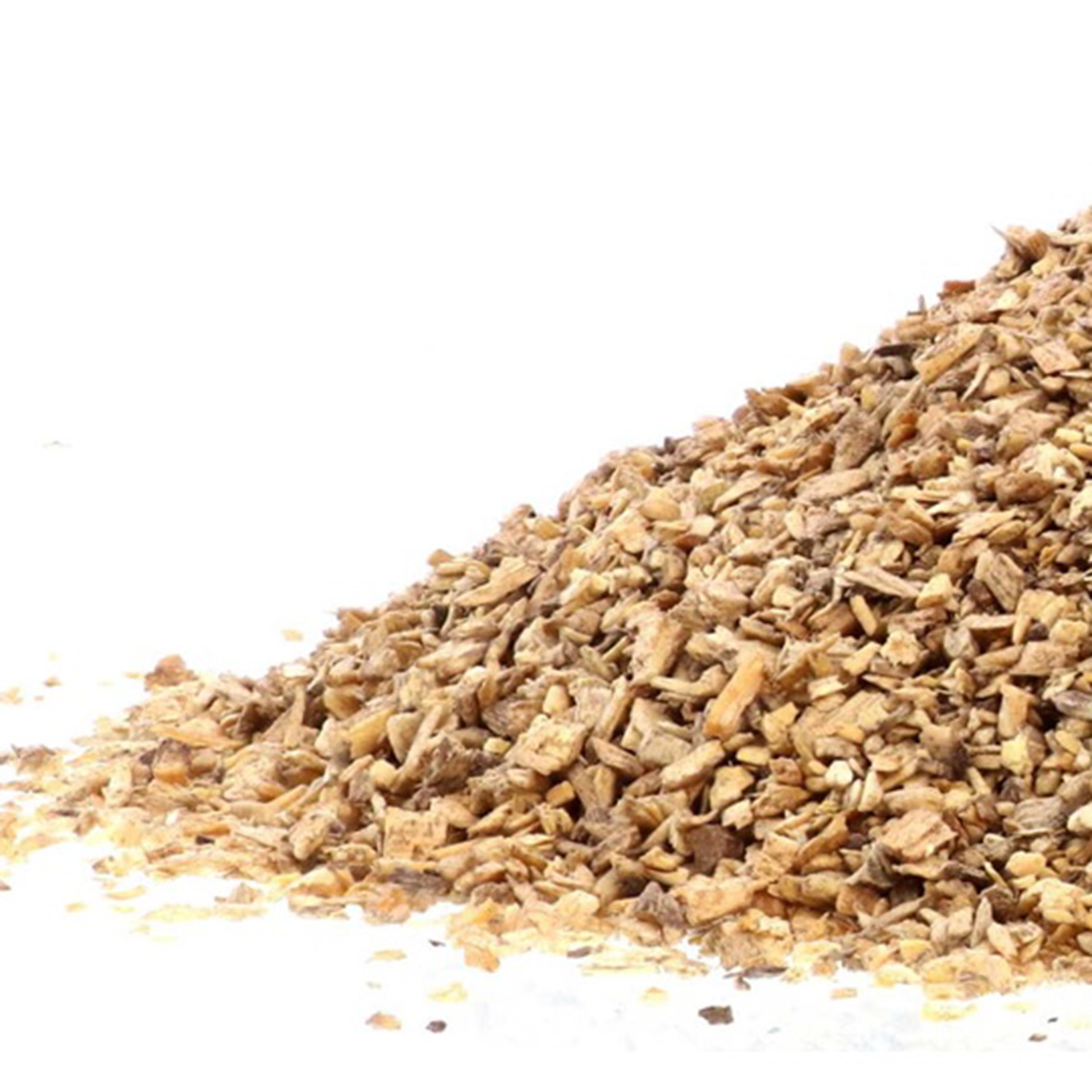'We Make Sport. Greener.'
This statement is not just a bold advertisement slogan, because sustainability and environmental compatibility have always been of great importance at Polytan. How are we set up in this regard?
Since 1969, the name Polytan has stood for synthetic sports surfaces of the highest quality and functionality, and our products are used successfully worldwide in international top-level sports. But can we also achieve sustainability? In short: how 'green' is Polytan as a manufacturer of artificial turf systems and synthetic sports surfaces? This is the question we explore in the following blog post.
Sustainability in all phases of the lifecycle
Briefly, as a responsible complete provider, Polytan naturally pays attention to a purposeful and conscientious use of resources in all phases of the lifecycle – from the selection of raw materials to production, use, maintenance, disposal, and recycling.
Admittedly, we have a crucial advantage here: As a system manufacturer with our own research and development, production, sales, and installation technology, we have full control to guide processes towards sustainability.
In use and maintenance, we rely on durable products with high usage intensity. Here, artificial turf shows its greatest advantages over natural grass. A life cycle assessment conducted by Zurich University has shown that artificial turf can boast the best CO2 balance.
(1) Biobased raw materials as the basis for Polytan's Green Technology
We generally use renewable raw materials for the production of plastics. Since the development of the hockey turf Poligras Tokyo GT, we use renewable I'm greenTM polyethylene, which is CO2-neutral produced by the world market leader Braskem.
Sugarcane waste away from the rainforest

We focus on Brazilian sugarcane and cooperate with Braskem to produce polyethylene from biobased plastics. We rely on a by-product of sugar production and do not require our own cultivation areas.
How is CO2 savings achieved?
For conventional polyethylene, 1.93 tonnes of CO2 are emitted per tonne, while bio-polyethylene generates a reduction of about 2.77 tonnes of CO2. Our continuously developed and improved product design contributes to CO2 reduction.

Poligras Paris GT zero – our green flagship project
The Poligras Paris GT zero combines bio-based polyethylene with conventional polyethylene and reduces water consumption. The artificial turf is climate-neutral and was used at the 2024 Olympic Games in Paris.
LigaTurf Cross GT zero – the world's first CO2-neutral artificial football turf
With the LigaTurf Cross GT zero, we have launched the world’s first CO2-neutral football turf.
Conclusion and outlook:
Our Poligras Paris GT zero and LigaTurf Cross GT zero surfaces are the most effective way to reduce greenhouse gas emissions. Both are manufactured in a 100% CO2-neutral process. Our Green Technology range is constantly being developed, and we offer a range of products made from renewable raw materials.
This concludes the first part of our blog series on sustainability. The second part will focus on the integration of recycled plastics and the recycling of artificial turf systems.
More Posts
Discover exciting news about modern synthetic turf systems, track surfaces, cutting-edge technologies, and general information about Polytan. In addition to news, we also provide background information in our blog on sports field construction, sustainability in sports surfaces, and other topics.






















-600x300.webp)
-600x300.webp)
